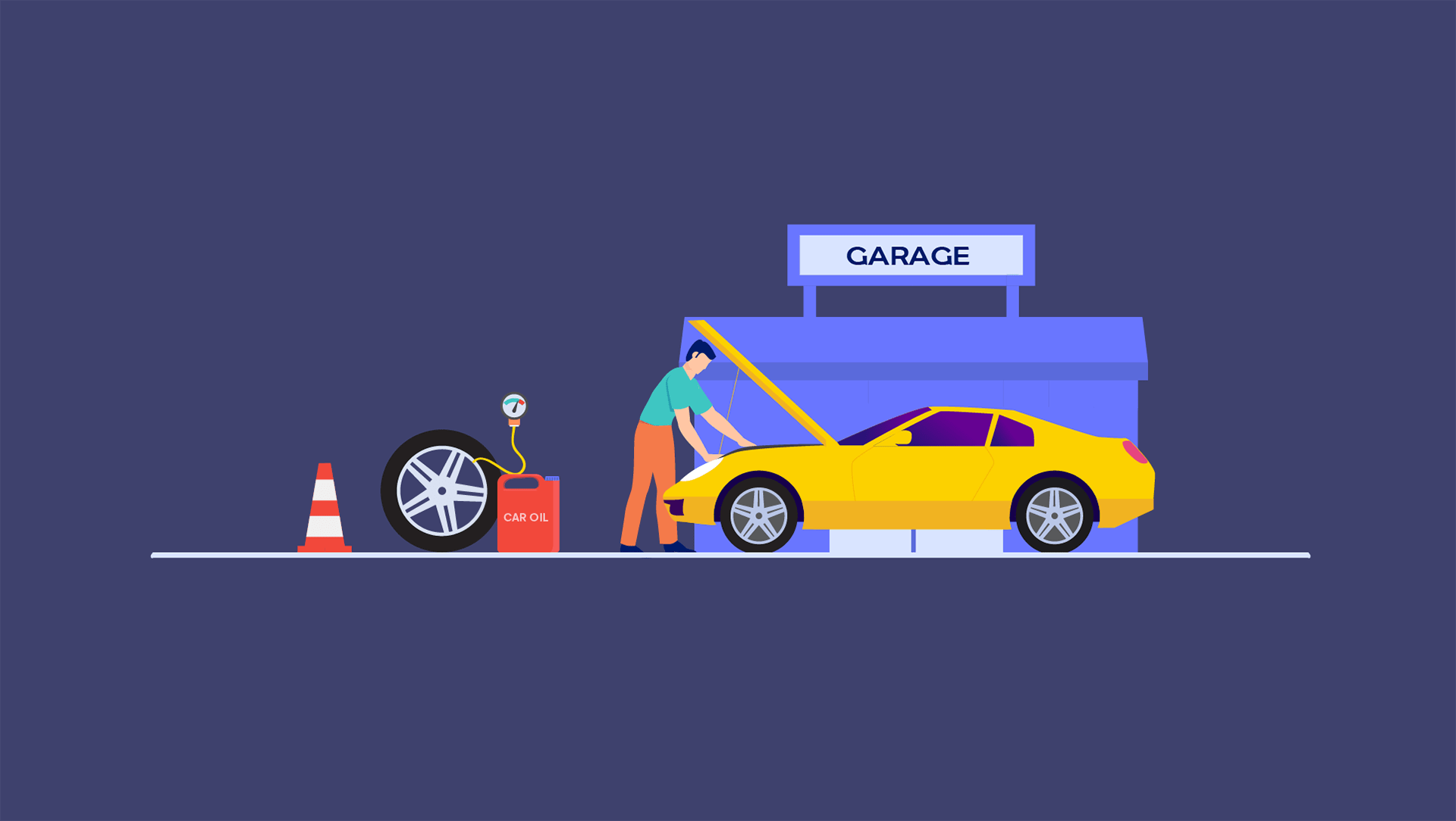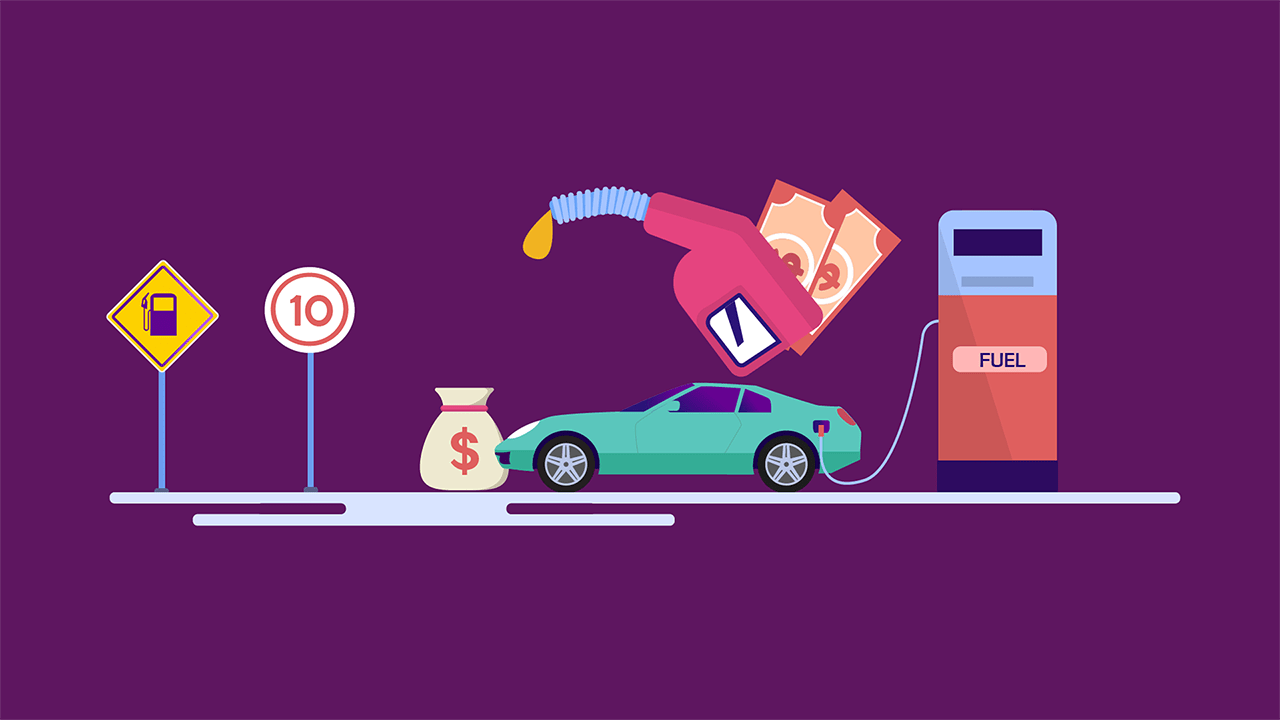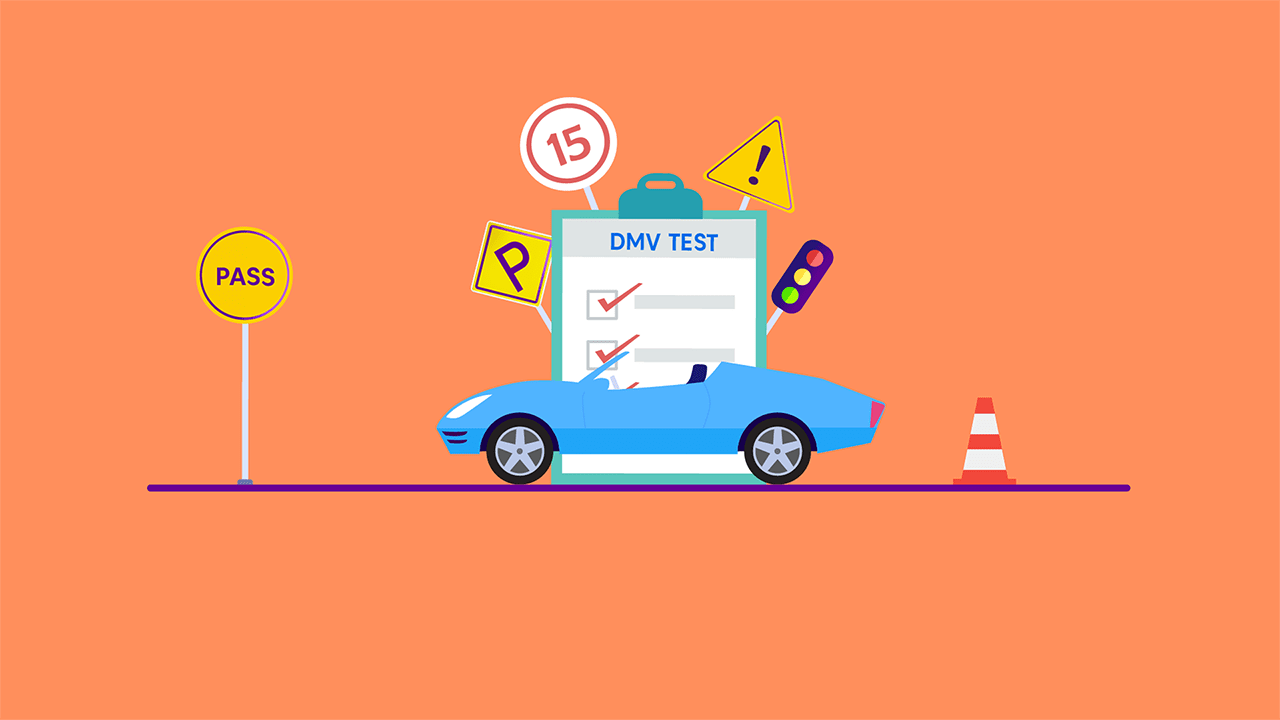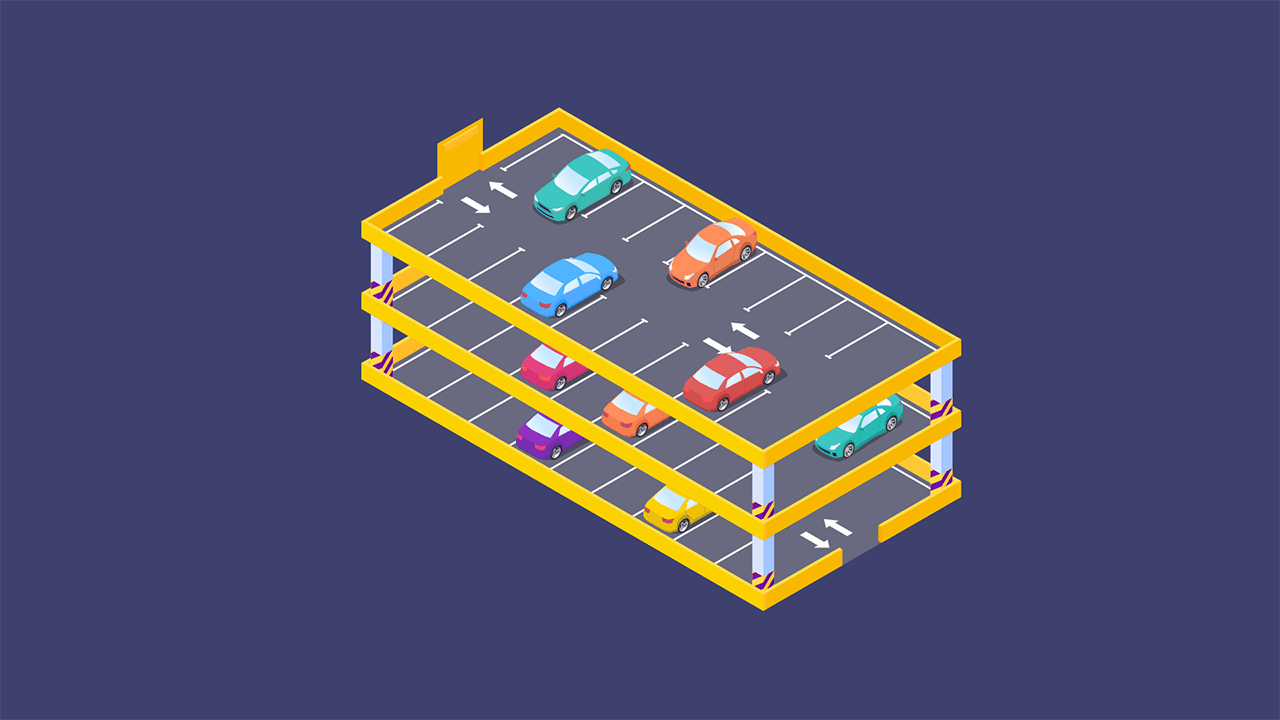Smooth Rides Start Here: 10 Essential Car Tune-Ups
By Umm e Hani on Apr 26, 2024
Contents
- Car Tune-Up Checklist
- 10 Essential Car Tune-Ups for a Smooth Ride
- Additional Tips
- That’s A Wrap!
- FAQ
Maintaining your car is crucial for ensuring its optimal performance, longevity, and safety. Just like our bodies, cars need regular tune-ups to keep their engines running smoothly, their components functioning properly, and their overall health in check. Here's a comprehensive guide to the 10 essential engine tune-ups that will keep you cruising comfortably and confidently:
Car Tune-Up Checklist
Engine
Oil change
This is the most important part of a tune-up. The oil lubricates and protects your engine's moving parts, so it's important to change it regularly. Most cars need an oil change every 3,000-5,000 miles.
Air filter replacement
The air filter helps to keep dirt and debris out of your engine. A clogged air filter can reduce your car's fuel efficiency and performance. Replace your air filter every 12,000-15,000 miles.
Spark plug replacement
Spark plugs ignite the air-fuel mixture in your engine, so it's important to replace them regularly. Most cars need new spark plugs every 30,000-60,000 miles.
Fuel filter replacement
The fuel filter removes impurities from your gasoline before it enters your engine. A clogged fuel filter can reduce your car's fuel efficiency and performance. Replace your fuel filter every 30,000-60,000 miles.
Fluids
Coolant level
Check the coolant level in your radiator and overflow tank. The coolant level should be between the "min" and "max" marks.
Brake fluid level
Check the brake fluid level in your reservoir. The brake fluid level should be at the "full" mark.
Power steering fluid level
Check the power steering fluid level in your reservoir. The power steering fluid level should be between the "min" and "max" marks.
Transmission fluid level
Check the transmission fluid level in your dipstick. The transmission fluid level should be between the "full" and "add" marks.
Other Components
Tire pressure
Check your tire pressure and make sure it is inflated to the recommended level. You can find the recommended tire pressure level in your car's owner's manual or on a sticker inside the driver's door jamb.
Tire tread
Check your tire tread depth. The tread depth should be at least 2/32 of an inch.
Brakes
Check your brakes for wear. You can do this by visually inspecting the brake pads and rotors.
Lights
Check your headlights, taillights, brake lights, turn signals, and hazard lights.
Windshield wipers
Check your windshield wipers for wear. Replace them if they are streaking or leaving water spots on your windshield.
10 Essential Car Tune-Ups for a Smooth Ride
1. Oil Change
The engine oil is the lifeblood of your car, lubricating and protecting its moving parts from friction and wear. Regular oil changes, typically recommended every 3,000-5,000 miles, are essential for maintaining a healthy engine and preventing costly repairs.
2. Tire Inspection and Rotation
Tires are your car's connection to the road, ensuring traction and handling. Regular tire inspections are crucial for checking tread depth, ensuring proper inflation, and identifying any signs of damage or wear. Tire rotation, recommended every 6,000-8,000 miles, promotes even wear and extends tire life.
3. Fluid Checks
Various fluids play vital roles in your car's operation, including engine coolant, brake fluid, power steering fluid, and transmission fluid. Regular checks ensure that these fluids are at the correct levels and free of contamination.
4. Battery Maintenance
The battery provides the electrical power needed to start your car and power its electrical components. Regular battery checks, including voltage testing and cleaning of the terminals, help prevent unexpected failures and ensure reliable starting.
5. Spark Plug Replacement
Spark plugs ignite the air-fuel mixture in your engine, creating the power that propels your car. Worn-out or damaged spark plugs can cause misfires, reduced fuel efficiency, and engine damage. Regular replacements, typically recommended every 30,000-60,000 miles, maintain optimal performance.
6. Air Filter Replacement
The air filter cleanses the air entering your engine, preventing dirt and debris from damaging its delicate components. A clogged air filter can restrict airflow, reducing power and fuel efficiency. Regular replacements, typically recommended every 12,000-15,000 miles, ensure your engine breathes easy.
7. Fuel Filter Cleaning
The fuel filter removes impurities from the gasoline before it enters the engine. A clogged fuel filter can restrict fuel flow, causing hesitation, stalling, and reduced fuel efficiency. Regular cleaning or replacement, typically recommended every 30,000-60,000 miles, keeps the fuel flowing smoothly.
8. Brake Inspection and Maintenance
Your brakes are your primary safety feature, ensuring you can stop safely and efficiently. Regular brake inspections, including checking brake pad thickness and brake fluid level, are crucial for maintaining optimal stopping power.
9. Suspension System Check
The suspension system absorbs bumps and road imperfections, providing a smooth ride and handling. Regular suspension checks, including inspecting shock absorbers, struts, and bushings, ensure your car rides smoothly and safely.
10. Timing Belt or Chain Replacement
The timing belt or chain synchronizes the movement of the engine's crankshaft and camshaft, ensuring proper valve timing. A worn-out or broken timing belt or chain can cause serious engine damage. Refer to your car's manufacturer's recommendations for replacement intervals.
Additional Tips
- Schedule your tune-up: It's a good idea to schedule your auto tune-up service with your mechanic in advance. This will help to ensure that you get your car in when you need it.
- Ask questions: If you have any questions about your car's tune-up, don't hesitate to ask your mechanic. They will be able to answer your questions and provide you with more information.
- Follow your car's maintenance schedule: Your car's owner's manual will have a maintenance schedule that outlines when you need to have your car serviced. Following this schedule will help to keep your car in good condition and prevent costly repairs.
Regular tune-ups can help to extend your car's lifespan, improve its performance, and keep you safe on the road. By following these tips, you can ensure that your car gets the care it needs to stay in top condition.
That’s A Wrap!
Remember, preventative maintenance is key to extending your car's lifespan, enhancing its performance, and ensuring your safety on the road. By following these essential vehicle tune-ups, you can keep your car running smoothly and enjoy a worry-free driving experience!
FAQ
What Is A Tune Up?
A tune-up is a series of maintenance procedures that are performed on a car to ensure that it is running smoothly and efficiently. Tune-ups typically include an oil change, tire rotation, and inspection of various components such as spark plugs, filters, and fluids.
What Is A Tune Up On A Car?
A tune-up on a car is a preventative maintenance service that helps to keep your car in good condition and prevent problems from occurring. Tune-ups typically include a variety of services, such as checking and changing fluids, inspecting brakes and tires, and replacing worn-out parts.
What Does A Tune Up Consist Of?
A tune-up typically consists of the following services:
- Oil change
- Tire rotation
- Inspection of spark plugs
- filters and fluids
- Brake inspection
- Tire pressure check
- Windshield wiper check and Lights check.
How Long Does A Tune Up Take?
A tune-up typically takes about 1-2 hours to complete. However, the exact amount of time will vary depending on the complexity of the service and the condition of your car.
How Often Should You Get A Tune Up?
Most cars need a tune-up every 3,000-5,000 miles. However, you may need to get your car tuned up more often if you drive in harsh conditions or if you have an older car.
What Is The Average Cost Of A Tune Up?
The average cost of a tune-up is $100-$200. However, the exact cost will vary depending on the make and model of your car, as well as the services that are included.
What Does A Tune Up Include An Oil Change?
Yes, a tune-up typically includes an oil change. An oil change is one of the most important parts of a tune-up, as it helps to keep your engine clean and lubricated.
How Do I Know I Need A Tune Up?
There are a few things that can indicate that you need a tune-up. These include:
- Your car is running rough or inefficiently.
- Your car is making strange noises.
- Your car is using more fuel than usual.
- Your car is emitting excessive exhaust fumes.
- It has been 3,000-5,000 miles since your last tune-up.


